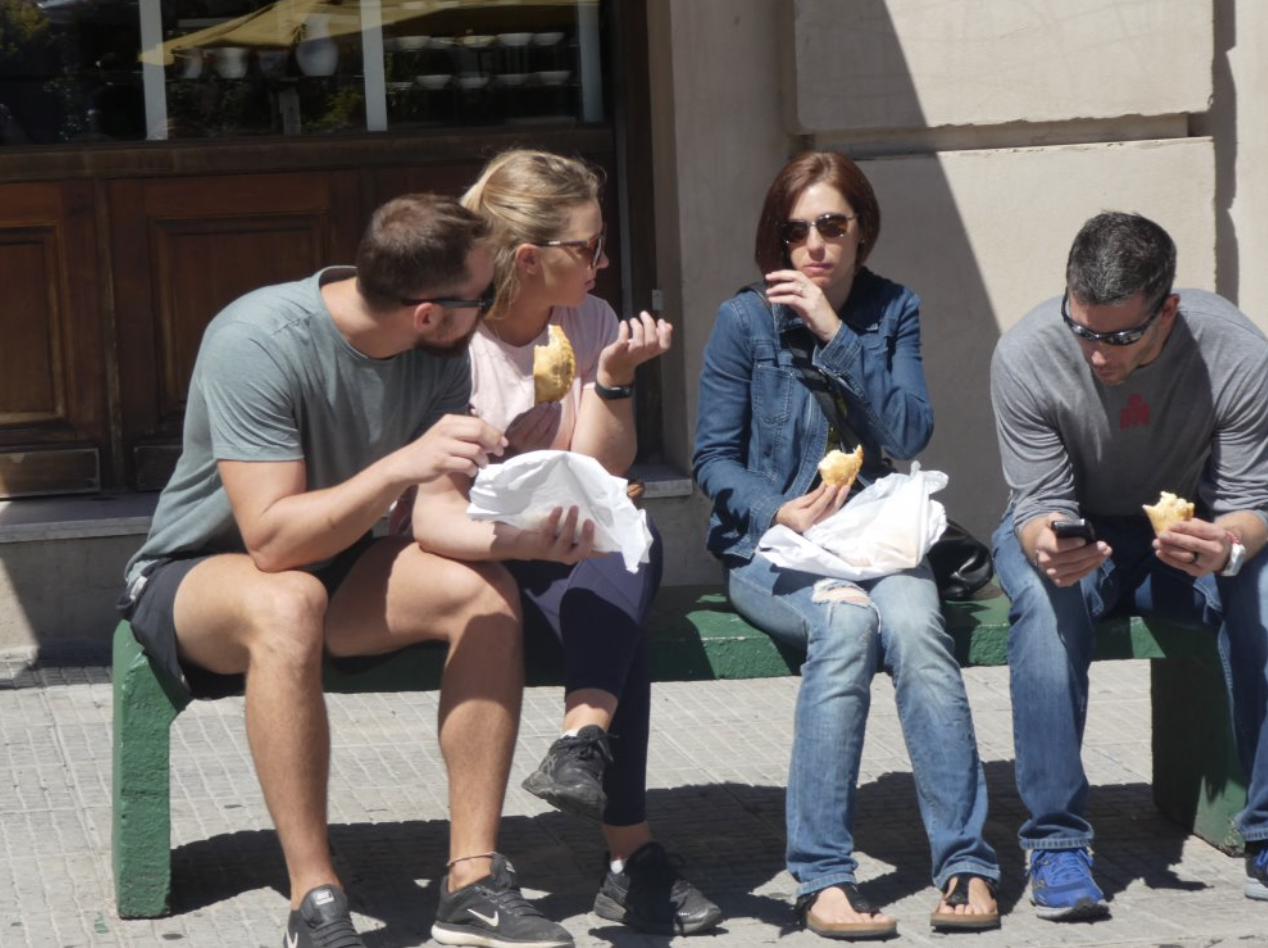Cross View Blog
Judge Not (Day 16)

-Matthew 7:1-2 ESV
We are told that the most quoted verse in the Bible is Matthew 7:1, "Judge not,"the stern words of Jesus warning us that we will be judged according to how we judge others. That warning certainly deserves our immediate attention because there has been much misunderstanding over what Jesus meant.
Those who think they are being judged quote the verse in defense of themselves. On the other hand, when we do not approve the behavior of others, we are accused of "judging" them. Either way, hurt feelings and alienation result.
At the risk of appearing that I have "the final answer" on this passage, let me lay out a few guiding principles:
1) Jesus forbids making moral judgments on people. That is, when we usurp the position of God - who alone knows the heart - and decide that a person or certain people are inferior and not deserving of respect and honor as other human beings. Thus, people are pre-judged and we are guilty of prejudice. Such behavior cannot be justified.
2) Jesus does not forbid us to judge the deeds or behavior of others. In fact, He teaches that by their deeds we will know whether people are true or not. We must use discernment (good judgment) in determining truth and falsehood. E.g. "Beware of wolves disguised as sheep."
Our entire criminal justice system is based upon the idea that human behavior can be harmful and wrong. "Guilty" or "not guilty" requires human judgment, even though it may be seriously flawed and unjust.
3. When we judge the deeds of others, we must always be aware that things are not always as they appear. We are prone to assume peoples' motives and not be aware of their circumstances. We often do not know the "rest of the story." Luther's explanation to the Eighth Commandment applies here:
"We should fear and love God so that we do not tell lies about our neighbor, betray him, slander him, or hurt his reputation, but defend him, speak well of him, and explain everything in the kindest way."
Instead, each day as we encounter others, we easily make snap judgments based upon appearance, ethnicity, speech, education, age, clothing, hairstyle, neighborhood, political views, etc. We "size up" people and worse yet, label them, usually as inferior, stupid or objectionable.
Clearly, Jesus considered this kind of judgment harmful and sinful. He went so far as to say that we will be judged as strictly as we judge others, an ominous warning indeed.
"The devil is always in the details," and it is not my purpose here to go into detail. Suffice it to say that it is morally wrong and divisive to make snap judgments of others. There should be zero tolerance in the Body of Christ for such behavior. It should be exposed and rooted out before it infects the entire community.
Instead of snap judgments, we should practice "snap acceptance" of others, giving them the benefit of the doubt even when we may be "taken in." People simply know when they are not being accepted.
The distinction between people and behavior can be difficult to maintain, but it is necessary to have clarity on this matter. Our churches must have a reputation for acceptance and tolerance of others. Otherwise, newcomers will stay away.
One of the highest compliments we can give another person is to say we never heard her/him speak badly of another person. Such charity comes from Jesus who - despite our behavior - does not judge us but has mercy on us. Let us do likewise.
 Paul Emmel is a retired pastor in the Lutheran Church - Missouri Synod, having served as a parish pastor, a correctional chaplain for the Wisconsin Department of Corrections, and a hospital chaplain and a community counselor. As a retired pastor, Paul continues to serve the Lord and His people, including establishing the Minnesota South District’s “Pastors to Prisoners” ministry.
Paul Emmel is a retired pastor in the Lutheran Church - Missouri Synod, having served as a parish pastor, a correctional chaplain for the Wisconsin Department of Corrections, and a hospital chaplain and a community counselor. As a retired pastor, Paul continues to serve the Lord and His people, including establishing the Minnesota South District’s “Pastors to Prisoners” ministry.
